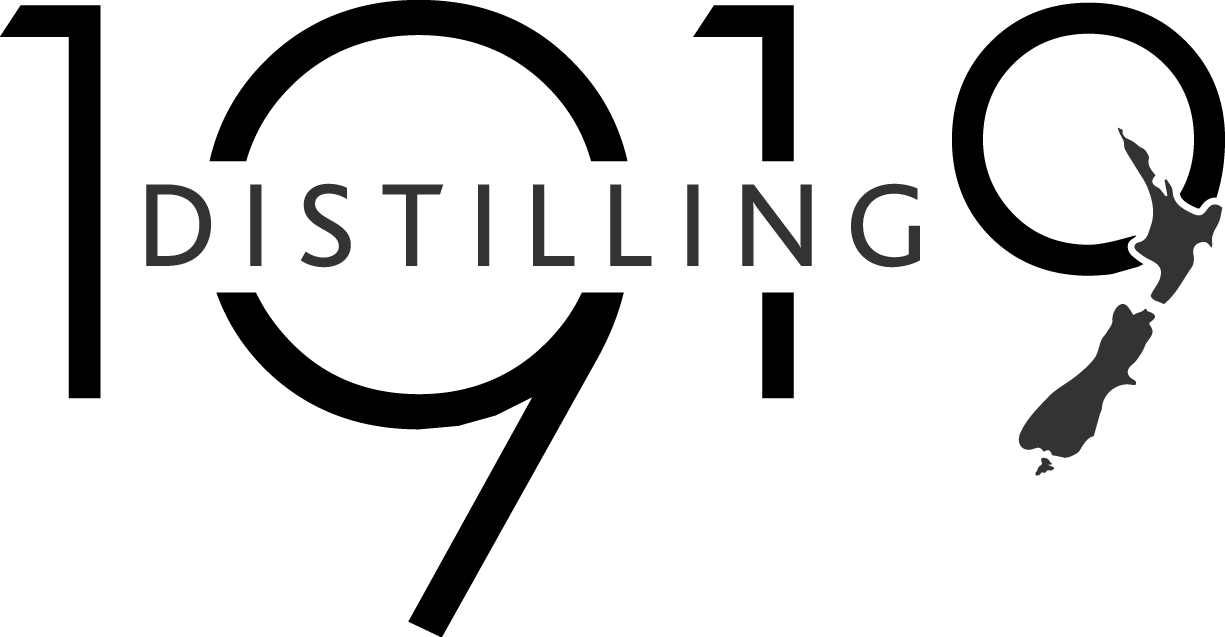Does diversification help make better spirits.
Can diversification of spirit styles actually help improve quality?
Diversification of products within a distillery isn't just about expanding the consumer base or increasing revenue streams; it's also a pathway to honing and evolving the skills of the distillers themselves. Just as escapees from traditional confines seek new experiences, so too do distillers benefit from pushing their boundaries through crafting a diverse range of spirits.
Lets find the similarities.
In order to look at how distillation of different spirits i.e Rum, Whisky and Gin can actually help make better spirit and distillers we must first look at what they have in common. Firstly all spirits are made from ethanol
Secondly all spirits are distilled
Thirdly Rum and Whiskey are often if not always aged in Oak Barrels. (Whisky has minimum age requierments)
Base Spirit
Now you might be going hang on a minute made from ethanol is an over simplification and this is where things get interesting: When it comes to gin, you primary flavour you are trying to showcase is the botanicals and to do this you start with a neutral spirit that is typically manufactured on mass and imported or produced externally from the distillery. No whisky and rum are slightly different as the fermentation often starts in house or is controlled by the distillery in order to create the flavour of our spirit. The similarities come into play here and nuances can help develop a greater understanding that can benefit the other style of spirit. For example rum fermentation often has an element of bacteria that is preferred, this leads to a deeper understanding of bacteria and its flavour development within a spirit and how to suspend/speed up or stall its growth now why should this be exclusive to only rum well its not whisky has been playing with bacteria for years as well hello sour mash.
Distillation
Now unlike the above where gin remained an outlier to some degree all there key spirit styles relate closely here. Lets initially look at gin, gin is made by the use adding botanicals or fruit to show case a flavour in a distilled spirt, now in order to achieve a Gold award winning gin the distiller will often spend at least a year understanding the subtle nuances of how each botanical is affected by heat and different distillation methods, I can only imagine this would be hugely valuable when creating a botanical rum something that seems to be popping up more and more tyring to win over gin consumers.
And the similarities don’t stop there, when we look at some of the oldest whisky and rum distilleries in the world from Scotland, Ireland to Jamaica and Bermuda the stills are remarkable similar. Its this similarity that means we will approach distilling the products in a similar manner but the nuances of the spirit we are making that will challenge us to truly understand the different cut points heating methods and spirit temps and how these can play a roll in producing better products.
Oak barrels
For arguments sake we are going to assume its safe to say that we understand that both Rum, Whisky and sometimes gin are aged in oak barrels. Now one of the biggest challenges different distilleries face when it comes to ageing stock is the climate its something we have absolutely no control of while arguable plays the biggest roll on how our spirits taste. Now its this uncontrollable variable that makes it important to understand how different categories are using nature to there advantage, for example if you are ageing whisky in New Zealand (Auckland) youre going to experience an angle share of up to 12% a year, now thats not an un common number for the Caribbean so one would be insane not to see how rum produces there work with barrels from entire abv, storage and size as this can only lead to an enhanced understanding that will impove not only qualify of the spirit but the distiller.
BUT What About Reality
The reality is, slightly different we can all a agree one person that focuses 110% on one thing will excel in there craft. However when you go to university you don’t just focus on one aspect of a degree but all the aspects that make up a degree. And its those aspects that will help to push the boundaries and refine ones understanding of how to produce the very best spirit possible.
CONSUMERS, REVINUE & Catagory Awearness
Now there is one elephant in the room still….. While I believe all of the above to be true this is only the case if the distiller applies themselves to making the best spirit possible unfortunately this will always happen and its up to the consumer to vote with their dollar.
Now if your a consumer there is one last thing your probably not aware of the spirits industry relies on is contract manufacturing that means the the gin you know and love may of been made by a distillery who’s own products are everything but gin, now this as my thoughts set out to challenge isn’t a bad thing at all it may actually mean a better product. Its also provided much needed cash flow that allows these other distilleries to produce there products and get them to market and help grow the category they believe in.
A round up in a glass
All in all at the end of the day for a domestic market to succeed and New Zealand Distillers to gain enough skills to compete on the global stage our distilleries are going to need to be diverse in the range of products they make and need to support one another along the way, after all a rising tide lifts all boats.
Husk Distillery - Australia - Products Rum & Gin
ISLE OF HARRIS DISTILLER - SCOTLAND - GIN AND WHISKY
BRUICHLADDICH - SCOTLAND - GIN AND WHISKY




